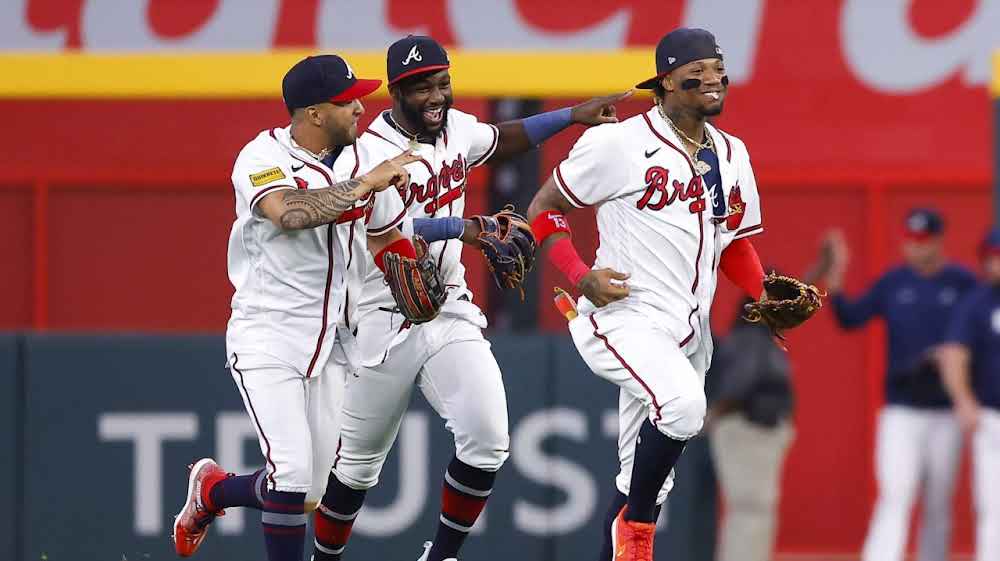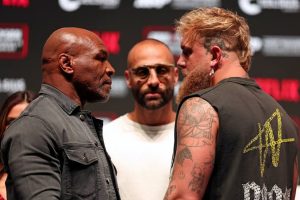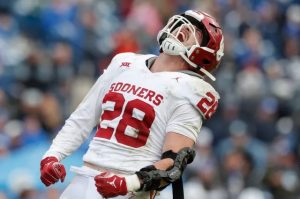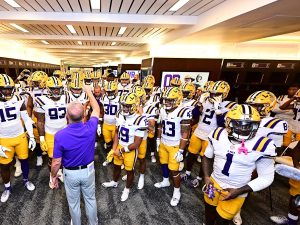
Braves and Chris Sale Reach a Two-Year Agreement
Chris Sale, a left-hander, and the Braves have reached an agreement on a new contract that will pay him $38MM over the next two years. The Wasserman client will receive $16 million in 2024, $22 million in 2025, and a $18 million club option in 2026. This will supersede the extension that Sale previously signed with the Red Sox, which already put him under contract.

In a trade that sent Vaughn Grissom to Boston last week, Sale was obtained from the Red Sox. The remaining $17MM of Sale’s contract, a five-year, $145MM extension that he and the Red Sox signed in 2019, was also covered by the Sox. Sale was supposed to make $27.5 million in 2024 as part of that agreement, but $10 million of that was postponed for 15 years. The Sox were going to give him $17MM, so Atlanta would only be giving him $500K. A $20MM club option was also available for 2025.
Sale’s $16MM salary under this new agreement will be quite similar to the non-deferred money he was scheduled to receive in 2024. He will have $22 million guaranteed for the 2025 season instead of that deferred $10 million payment. In the unlikely event that more health issues arise this year, that provides him with some additional security. Throughout the 2020–2022 season, Sale pitched fewer than 50 innings in total, primarily as a result of Tommy John surgery but also because of other illnesses. He was able to throw 102 2/3 frames the previous year, but a stress

He was unable to move for more than two months due to a reaction in his shoulder blade. Had Sale’s health problems persisted, the club might have been hesitant to exercise the 2025 option, but for the upcoming season, he has secured a noteworthy salary.
This is an indication of Atlanta’s faith in the soon-to-be 35-year-old. With the club option to keep Sale around in the event that he ran a strong campaign for his new club, they could have easily hired Sale for 2024 and then walked away if things didn’t work out. However, they have now committed to a minimum of two years of Sale, deferring the club option until 2026. As previously indicated, Sale hasn’t been entirely well in the
had some problems even prior to the last four years. His last season in perfect health was 2017, as he was limited to 150 innings in 2018 and 2019 due to elbow and shoulder problems.
Sale had a 2.90 ERA at the end of the 2017 season, making him one of the league’s best pitchers at the time. He finished the season with a 4.30, not quite as dominant as he was the year before. The peripherals, however, were slightly better, with a robust 6.8% walk rate and a strikeout rate of 29.4%.
It’s undoubtedly a risk to back a pitcher who has been hurt so frequently, locking him up for his age-35 and age-36 seasons, even with that respectable comeback season. However, moving forward, the team faces a fair amount of rotation uncertainty. Charlie Morton has one year left before becoming a free agent, and Max Fried is about to enter his final season under club control. Given that Morton is entering his age-40 season and has previously expressed interest in retiring, it’s possible he won’t return in 2025.

Before this agreement, Sale might have left as well, based on how the club option worked out. Given that he has a contract through 2025, Spencer Strider can be expected to be his backup in the lineup the following season. Even though the team still needs to complete the rotation, perhaps in the interim, internal options like Hurston Waldrep, AJ Smith-Shawver, and Bryce Elder will have advanced.
The competitive balance tax is another thing to think about. A player’s CBT hit is adjusted to reflect the remaining portion of the contract when he is traded, per the terms of the current collective bargaining agreement. Accordingly, Sale was expected to receive a $27.5MM CBT hit before this deal, of which the Sox would have to pay $17MM. However, that will now decrease to $19MM, leaving Atlanta’s CBT ledger with just $2MM this year but $19MM the following year. According to Roster Resource, the club’s CBT figure was $276MM as of right now. That is
immediately up against the $277MM third tax threshold, a noteworthy line to cross. In addition to an increased tax rate, clubs that cross the third threshold lose their top pick in the following draft by ten spots. The club will have a little more breathing room to make more moves now or later in the season by reducing Sale’s CBT hit.
In the end, the agreement benefits both parties. In addition to gaining a little more luxury tax space, Atlanta should have a better rotation picture in 2025 and possibly even 2026. In the meantime, Sale hedges against any lingering health problems by locking in some future earnings.







